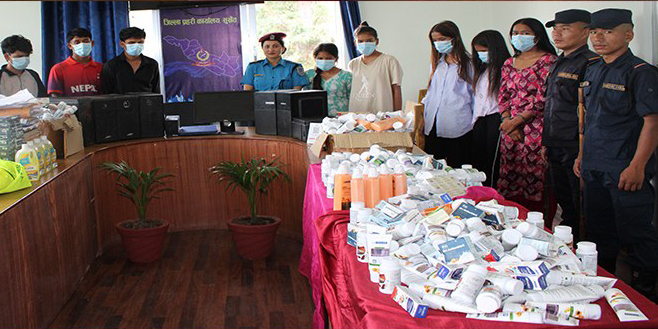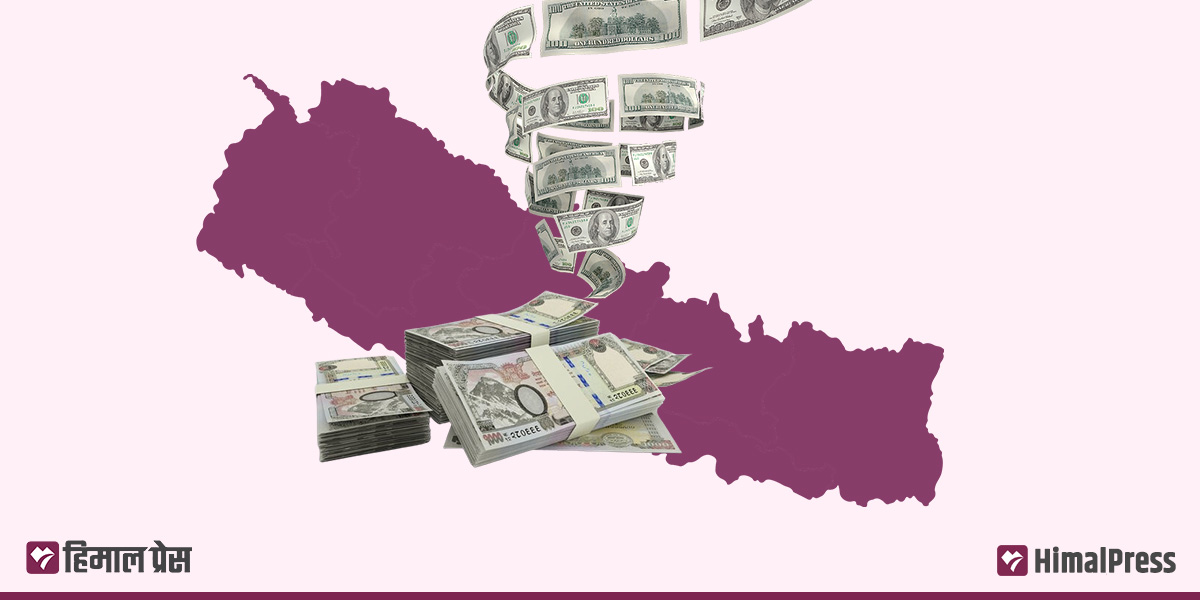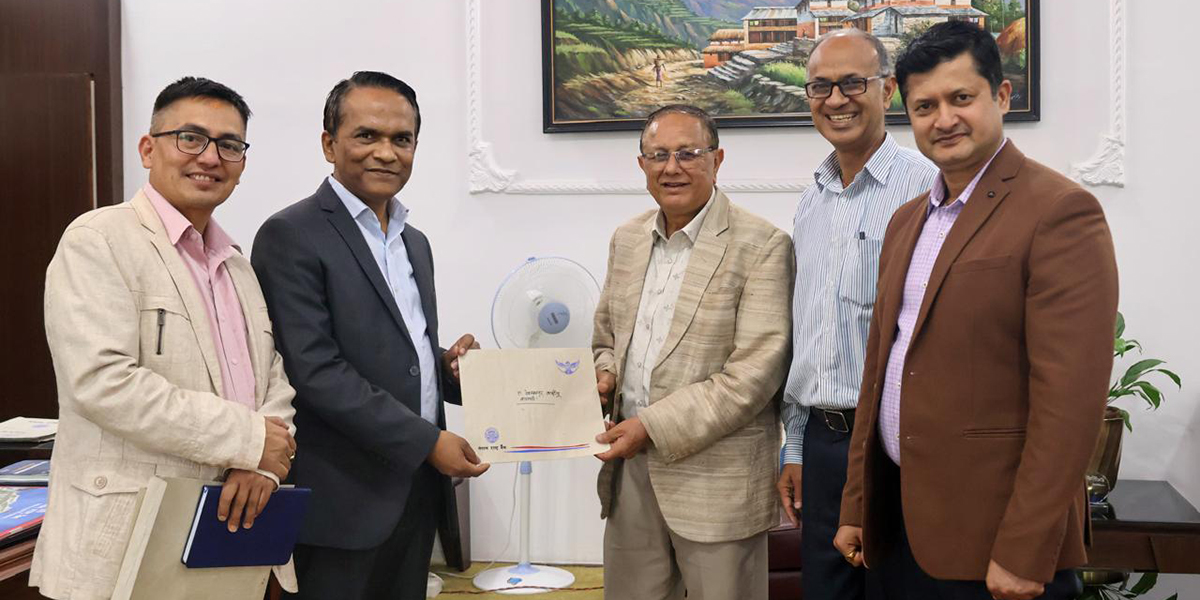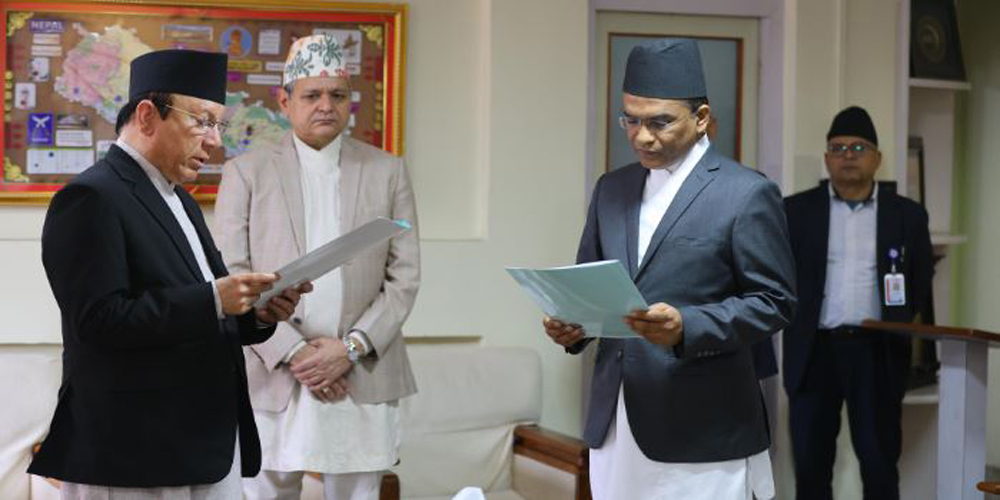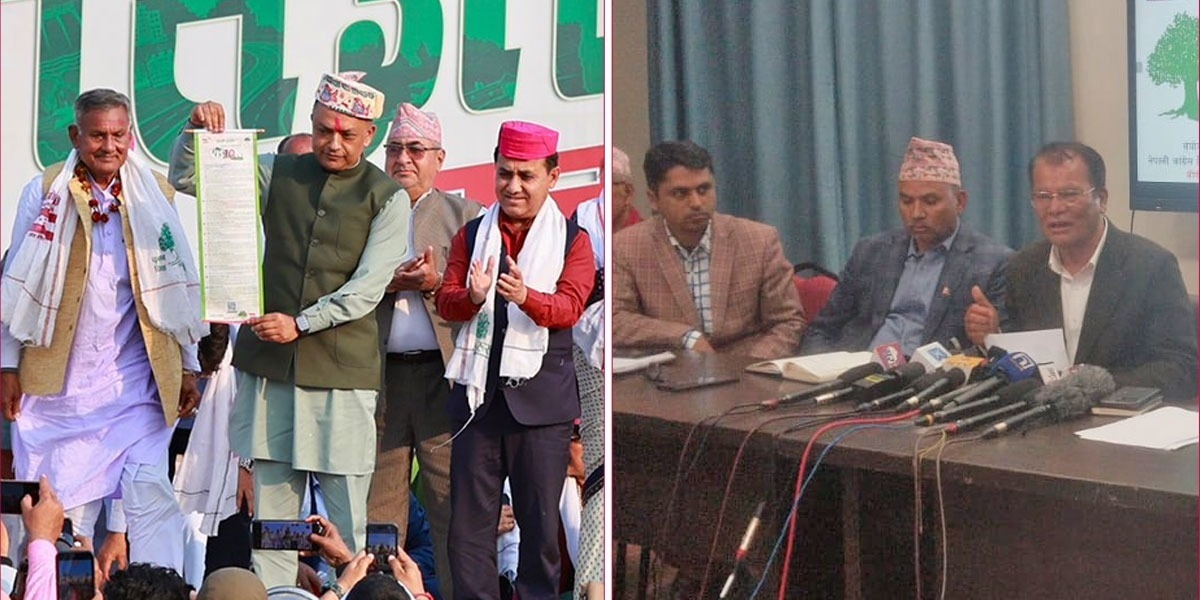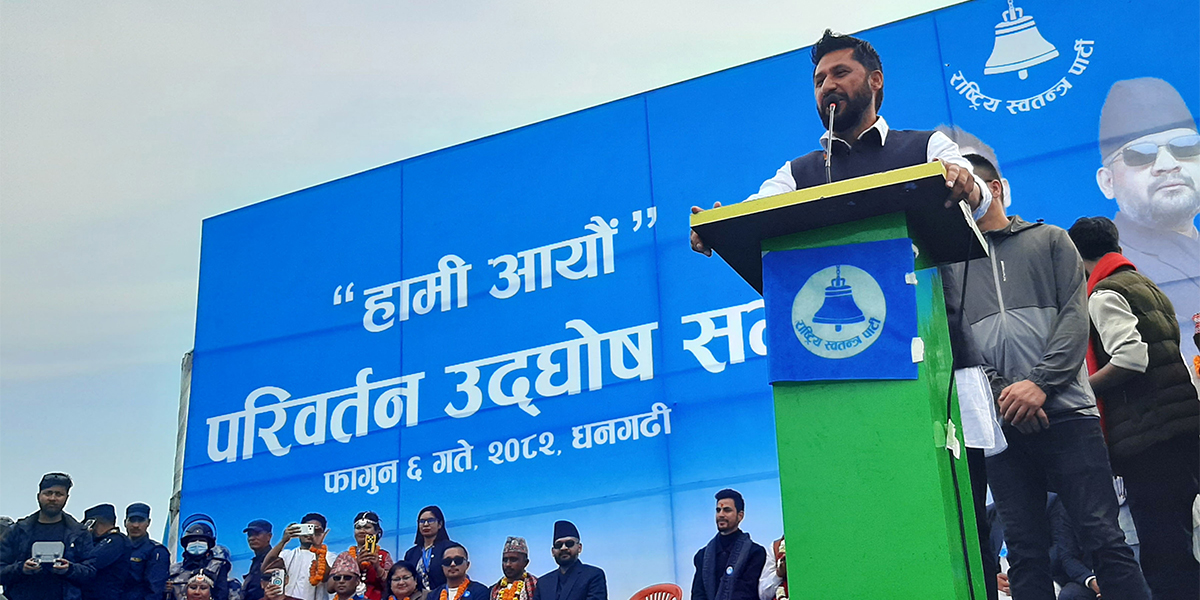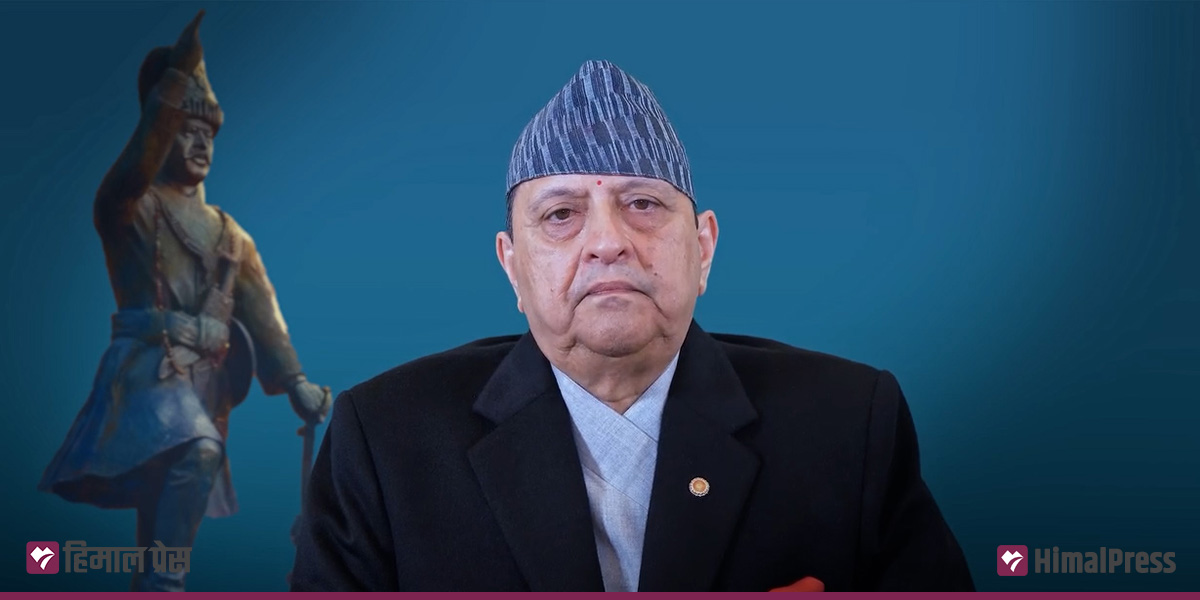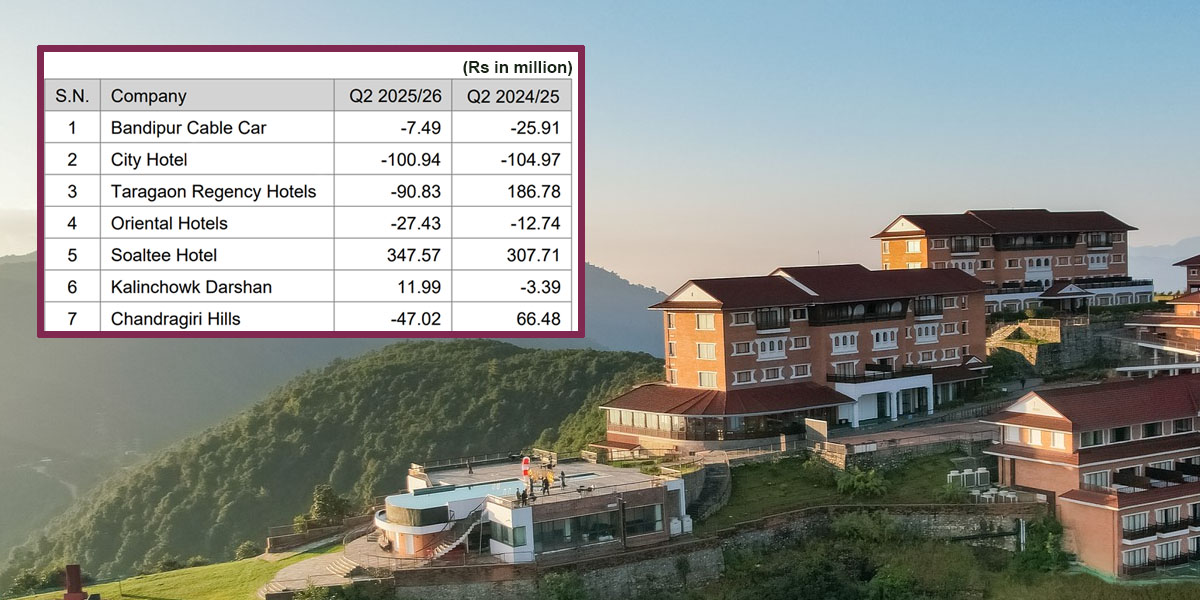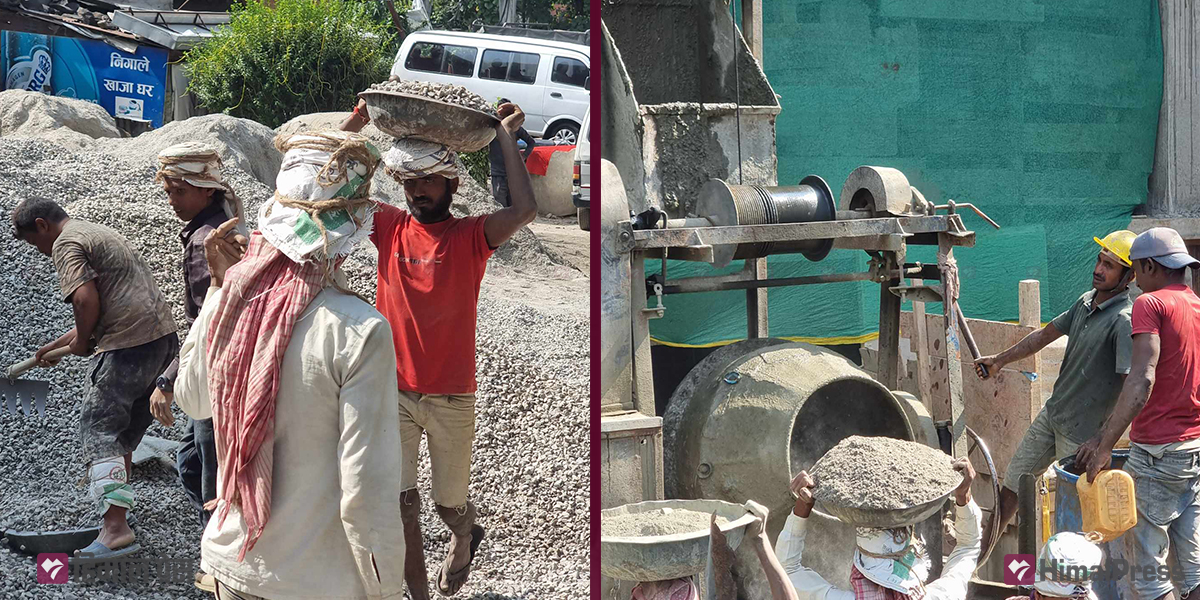
KATHMANDU: Workers from 89 countries are employed in different sectors of Nepal, mostly in the construction sector.
According to the Department of Labor and Occupational Safety, Nepal hosts workers from countries like India, China, South Korea, North Korea, Bangladesh, Sri Lanka, Britain and the US, among others. Many workers from India and Bangladesh are employed in the informal sector.
These workers took home remittances totaling Rs 4.5 billion from Nepal over the first seven months of the current fiscal year. According to the latest Current Macroeconomic Situation Report of the Nepal Rastra Bank (NRB), the remittance outflow of Nepal recorded an increase of 11.67% compared to the same period of the previous year.
Foreign workers holding work permits issued by the government use formal banking channels to repatriate their income from Nepal. According to the department, over 1,000 foreign workers arrived in Nepal for employment over the first seven months of the current financial year. The number includes workers employed in the formal sector and holding employment permits. Most of these workers are engaged in sectors including foreign-invested enterprises, different projects, banking and financial institutions, hydropower projects, factories, construction and information technology, among others. These workers are permitted to send 75% of their earnings abroad, with the remaining 25 percent to be spent within Nepal. However, this regulation doesn’t apply to Indian workers.
Workers in the informal sector use Hundi to remit their earnings home, according to the central bank.
A lion’s share of remittances from Nepal is taken by Indian workers. However, since most of the amount is carried by in cash by Indian workers employed in the informal sector, this is not counted in official remittance figures. As a result, there is no precise record of the amount of money flowing to India as remittances.
NRB estimates that Indian workers took home around Rs 3 billion in cash over the past seven months.
Some 700,000-900,000 Indian workers are employed in the country’s informal sector, according to a recent study conducted by the Ministry of Labour, Employment and Social Security. These workers do not use banking services to remit money.
Dr Gunakar Bhatta, the spokesperson for the NRB, said that since Indian workers predominantly deal in cash these transactions remain unaccounted for in official remittance data. “Indian workers are employed in menial to high-level jobs in Nepal. They prefer cash transactions,” Bhatta said. “Nepalis employed in India also bring their income to Nepal in cash.”
According to NRB, foreign workers in Nepal are remitting home some Rs 640 million every month. The total remittances outflow was Rs 6.61 billion in the previous fiscal year.
Meanwhile, Nepal has received Rs 838.99 billion from different countries over the first seven months of 2023/24.


